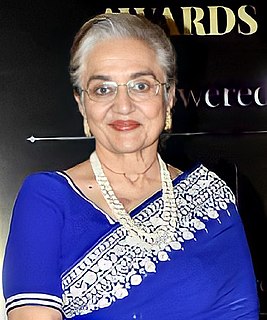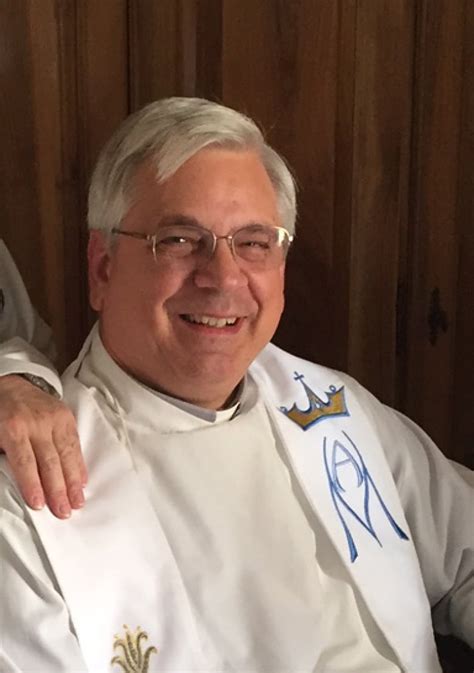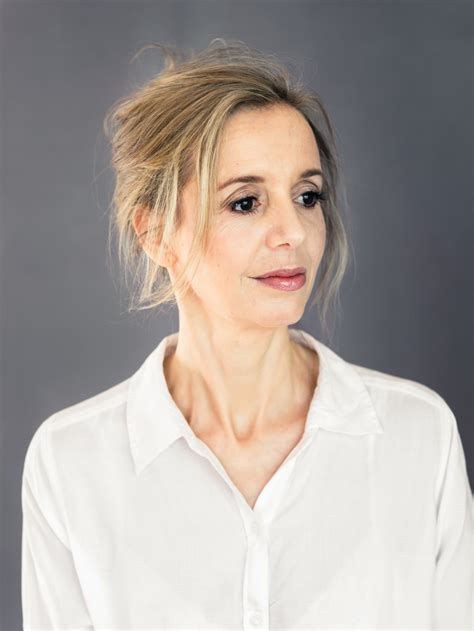A Quote by Claire Denis
When I was a child I had a nightmare, and in the morning, I asked my mother and father, 'If I kill someone, would you still love me?' My parents were very preoccupied with this, but I think I'm not the only one to ask for that - not love, but absolute fidelity.
Related Quotes
The only perfect love to be found on earth is not sexual love, which is riddled with hostility and insecurity, but the wordless commitment of families, which takes as its model mother-love. This is not to say that fathers have no place, for father-love, with its driving for self-improvement and discipline, is also essential to survival, but that uncorrected father-love, father-love as it were practiced by both parents, is a way to annihilation.
When we both experienced the love that consumes, we shared in the Absolute. The Absolute shows each of us who we really are; it is an enormous web of cause and effect, where every small gesture made by one person affects the life of someone else. This morning, that slice of the Absolute was still very much alive in my soul. I was seeing not only you but everything there is in the world, unlimited by space or time.
I asked myself if I would kill my parents to save his life, a question I had been posing since I was fifteen. The answer always used to be yes. But in time, all those boys had faded away, and my parents were still there. I was now less and less willing to kill them for anyone; in fact, I worried for their health. In this case, however, I had to say yes. Yes, I would.
The tendency in our spiritual life but also our more general attitude toward love is that our feelings are all that is going on. And so to us the totality of love is what we feel. But to really love someone requires commitment, fidelity and vulnerability. Mother Teresa wasn't "feeling" Christ's love, and she could have shut down. But she was up at 4:30 every morning for Jesus, and still writing to him, "Your happiness is all I want."
Please don't kill the child. I want the child. Please give me the child. I am willing to accept any child who would be aborted, and to give that child to a married couple who will love the child, and be loved by the child. From our children's home in Calcutta alone, we have saved over 3,000 children from abortions. These children have brought such love and joy to their adopting parents, and have grown up so full of love and joy!
I'm a big proponent of open adoption, because it allows a relationship between the birth mother and her child so that the kid isn't like, "Where did I come from?" And to have it be like, "Look, you have a bunch of people who love you." Not just the parents who are raising you on a day-to-day basis, but also to have contact with your birth mother and hopefully your birth father. So that you can be like, "Oh, they love me too, and they love me so much that they knew they couldn't take care of me but they're still in my life to some extent."
Mother love has been much maligned. An over mothered boy may go through life expecting each new woman to love him the way his mother did. Her love may make any other love seem inadequate. But an unloved boy would be even more likely to idealize love. I don't think it's possible for a mother or father to love a child too much.
[After her 18-day disappearance in 1974:] I love my husband very, very much, but he didn't ask me when he ran for mayor and he didn't consult me about running for governor. It would be nice to be asked. ... You know, I've been my mother's daughter, my father's daughter, the wife of my husband, the mother of my six children, and grandmother to my eleven grandchildren, but I have never been me. But I am now because I went away. I am a changed woman.
As a child, Kate hat once asked her mother how she would know she was in love. Her mother had said she would know she was in love when she would be willing to give up chocolate forever to be with that person for even an hour. Kate, a dedicated and hopeless chocoholic, had decided right then that she would never fall in love. She had been sure that no male was worth such privation.
When I talk about unrequited love, most of you probably think about romantic love, but there are many other kinds of love that are not adequately returned, if they are returned at all. An angry adolescent may not love her mother back as her mother loves her; an abusive father doesn't return the innocent open love of his young child. But grief is the ultimate unrequieted love. However hard and however long we love someone who has died, they can never love us back. At least that is how it feels.
While my parents never had the time or money to secure university education themselves, they were adamant that their children should. In comfort and in love, we were taught the joys of knowledge and of work well done. I only regret that neither my mother nor my father could live to see the day I would accept the Nobel Prize.






































